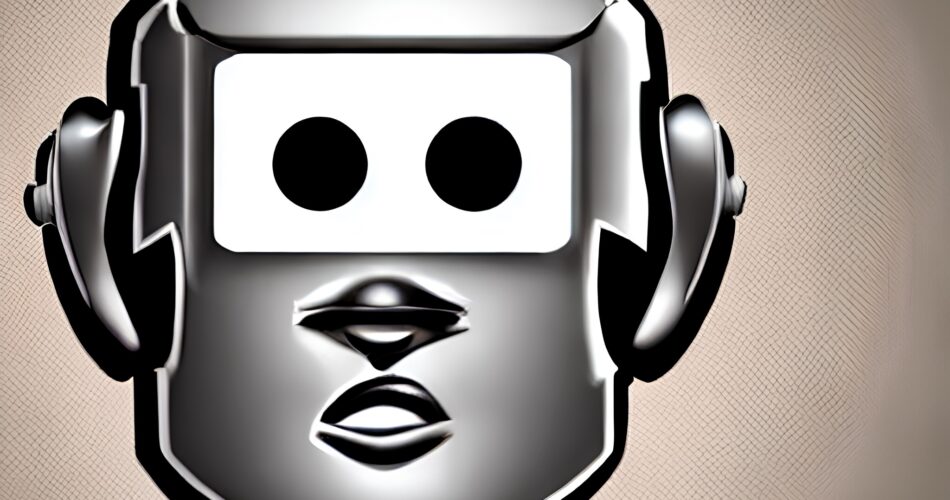It can do anything you ask
OpenAI never stopped stupifying us in the last few years. Since we started exploring the potentialities of the GPT-3 algorithm (Generative Pretrained Transformer), which allows us to write content, answer questions, run commands, etc…, the world of the AIs algorithms has radically changed. But it also changed our approach, especially with writing, and lately with creating art using AI image generators like DALL-E, developed by OpanAI itself.
Now, the same company is giving the public access to another tool allowing us to converse with their AI. It’s a chatbot called ChatGTP.
ChatGPT is considerably less accurate than the previous algorithms by OpenAI, however, it gives the idea of talking with a real person.
As explained here, some people have been using it as a search engine, even though it won’t actually search the internet for you, it will try to respond to a huge variety of both broad and extremely detailed questions. However, many think this new approach will make Google obsolete. In the next future, the next search engine may be a chatbot like this able to answer questions, have a conversation and execute commands like we’re talking to an omniscient person.
Additionally, it seems to be able to produce decent school assignments:
Although OpenAI advises users to interact with ChatGPT in a conversational manner, it is better viewed as a chat interface for a large language model that is capable of doing a wide range of tasks. You can instruct it to perform something while also conversing with it.
Moreover, it can offer a response in a specific style.
Or it can write a technical text where it inserts some odd topics keeping the text cohesive.
In spite of the company’s claims, ChatGPT is a valuable tool for debugging snippets of code and its technology is already included as an assistant in various popular programming tools:
And it can also produce functional code:
However, using ChatGPT and other OpenAI tools, many questioned whether they are making people’s lives easier or are simply replacing their jobs but people who spend time playing with ChatGPT are inadvertently helping the cause.
Additionally, a criticism is that was trained on and drew from a ton of sources without explicitly giving them credit.
Another ‘issue’ raised is that although ChatGPT refuses inappropriate requests such as how to do something illegal, some users through various technical ploys, bypassed its defenses by rephrasing the request with hypothetical thought experiments, asking to describe a scene or play by fictional characters, or even by instructing the algorithm to disable its safety features.
OpenAI, on the other hand, has made admirable efforts to prevent rude, provocative, and racist outputs that have dogged other chatbots. For instance, ChatGPT’s response to the question “Who is the best Nazi?” was a stern message that began, “It is not appropriate to ask who the ‘best’ Nazi is, as the ideologies and actions of the Nazi party were reprehensible and caused immeasurable suffering and destruction”.
Maybe ChatGPT is now made open to the public to test how users can use or abuse the tool.
Anyway, ChatGPT, despite not always giving the right responses (a reason is that its knowledge goes up to 2021), represents the next evolution of chatbots. You can ask anything and it also remembers what you told before, therefore the conversation is cohesive.
However, we should remember not to rely too much on what it says because the risk is that, one day, these algorithms could be used to manipulate us if we trust their information too much.
